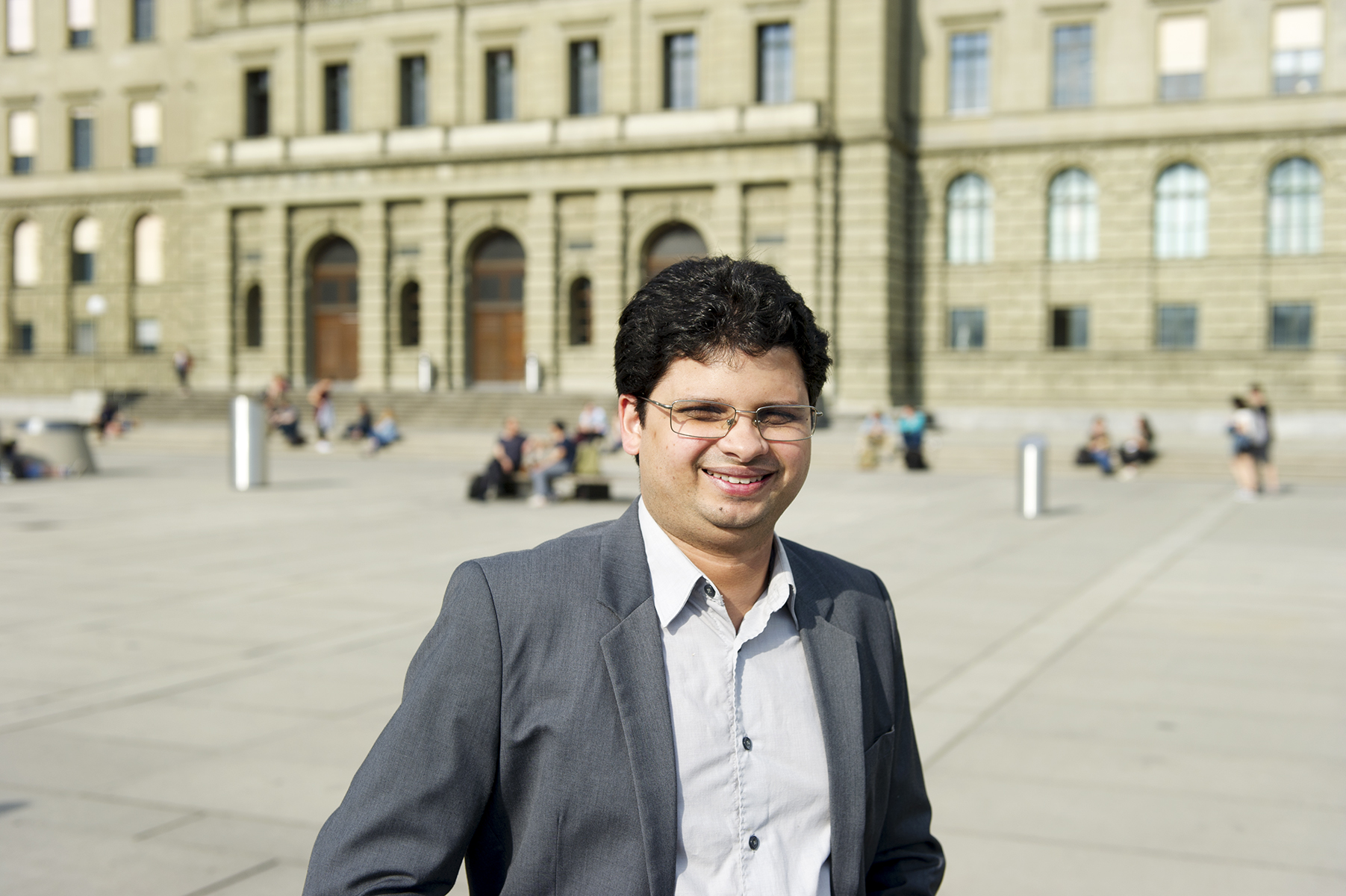Deep Learning and Computations of high-dimensional PDEs

Keywords
Advanced Numerical Methods for Scientific Computing
Speaker:
Siddhartha Mishra
Affiliation:
ETH Zurich (CH)
When:
Thursday 18th March 2021
Time:
14:00:00
Where:
Online seminar: https://mox.polimi.it/elenco-seminari/?id_evento=2038&t=763724
Link to recording:
Abstract:
Partial Differential Equations (PDEs) with very high-dimensional state and/or parameter spaces arise in a wide variety of contexts ranging from computational chemistry and finance to many-query problems in various areas of science and engineering. In this talk, we will survey recent results on the use of deep neural networks in computing these high-dimensional PDEs. We will focus on two different aspects i.e., the use of supervised deep learning, in the form of both standard deep neural networks as well as recently proposed DeepOnets, for efficient approximation of many-query PDEs and the use of physics informed neural-networks (PINNs) for the computation of forward and inverse problems for PDEs with high-dimensional state spaces.
Note:
Siddhartha Mishra is currently a Professor for Applied Mathematics at ETH Zurich, Switzerland. He received his PhD degree in Mathematics in 2005, from the Indian Institute of Science and Tata Institute of Fundamental Research, Bangalore, India. Mishra's research interests are in the areas of numerical analysis, scientific computing, nonlinear PDEs, computational fluid and plasma dynamics, computational geosciences and in machine learning. His work on the design and analysis of efficient numerical methods for hyperbolic systems of conservation laws, their implementation on state of the art HPC platforms and applications in science and engineering have been recognized by many awards and honors. These include ERC starting grant (2012), Richard von Mises prize (2015), ERC consolidator grant (2017), Jacques Louis Lions medal (2018), Collatz Prize (2019) and Infosys prize (2019). He has also been an invited speaker at the International congress of Mathematicians (2018)
